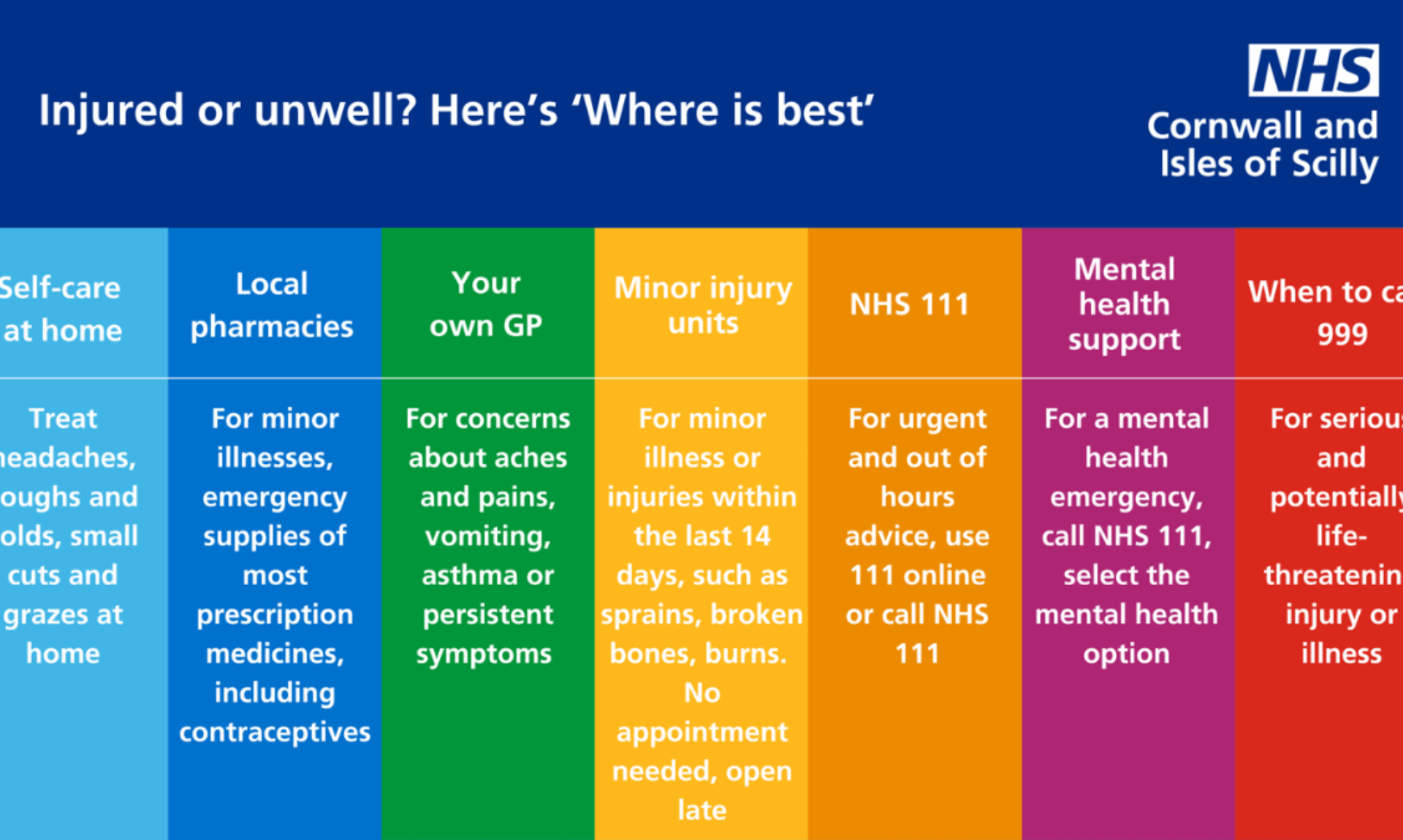£50m Drop in R&D Tax Relief Claims Hits South West Businesses: “Use It or Lose It” Warns Expert
A sharp decline in research and development (R&D) tax relief claims by small and medium-sized enterprises (SMEs) across the South West has prompted a warning for businesses not to be discouraged by tougher compliance rules.
South West Sees £50m Fall in R&D Claims
According to new research by UK top 10 accountancy and advisory firm Azets, the number of SMEs in the South West making R&D tax relief claims has fallen significantly. The latest HMRC figures for 2023-24 show 2,780 claims compared to 4,055 the previous year, with the total value of claims dropping from £245 million to £195 million.
Breaking down the figures, Cornwall & Isles of Scilly saw claims fall from 330 to 220, Devon from 665 to 420, Gloucestershire and Wiltshire from 1,050 to 710, North Somerset, Somerset and Dorset from 1,115 to 780, and the West of England from 895 to 650.
By sector, manufacturing led with 820 claims (down from 1,110), followed by information and communication at 685 (down from 875), and professional, scientific and technical at 505 (down from 660).
Expert Warns Against Missing Out
Chris Dale, a partner at Azets, said the decrease in R&D claims was concerning, warning that local businesses risk losing valuable funding if they are put off by stricter rules.
“We are finding that the reduced benefit for SMEs, the latest compliance rules and relatively high time and cost investment to make an R&D claim are discouraging SMEs, in particular smaller SMEs,” said Chris.
“The decrease is concerning because the funding helps encourage businesses to develop new technologies, which in turn benefit the regional economy.
“Innovation costs are considerable, yet successful innovation, whether a new product, service or process, can generate new revenues and additional tax, which then offset the relief. Companies with genuine claims should not be put off.”
National Decline in R&D Claims
Nationally, R&D tax credit claims by SMEs fell by nearly one-third compared to the previous tax year. There were just under 47,000 claims in 2023-24, a fall of over a quarter, with the total amount of tax relief claimed through the SME scheme dropping by 29% to £3.15 billion.
In contrast, claims made through the larger companies’ RDEC scheme fell by 5%, though the amount of relief claimed increased by 36% to £4.41 billion.
Overall, HMRC’s provisional figures show total R&D tax relief support claimed for 2023-24 stood at £7.6 billion, a 2% decrease on the previous year, representing £46.1 billion of R&D expenditure.
Chris added:
“The decrease, seen locally and across all the regions, is a crying shame because this kind of funding pays the people who help local businesses develop new and exciting technologies, which in turn grow the regional and wider economy.
“Innovation costs considerable money – and a lot of innovation wouldn’t happen without taxpayer support because loss-making companies wouldn’t risk bankrolling further financial hits and profitable ones may fear being dragged into the red without recourse to public money to offset R&D outlay.
“Yet successful innovation can generate new revenues for businesses and create new taxes which more than cover what was put in by the taxpayer. Companies with genuine claims should not be put off.”

Government Response
Earlier this year, Azets sent a letter to the Chancellor calling for a less complex R&D application process following a tightening of rules aimed at tackling bogus claims.
Responding on behalf of the Chancellor, then-Exchequer Secretary to the Treasury James Murray MP said the government remained committed to supporting R&D as a driver of innovation and growth.
He stated that the government is “committed to periodically evaluating the R&D reliefs to ensure they are as effective as possible and underpinned by a credible, up-to-date evidence base” and “committed to maintaining the generosity of the rates in both the merged R&D Expenditure Credit scheme and the Enhanced Support for R&D Intensive SMEs”.
The government added that every £1 of public R&D investment stimulates between £0.41 and £0.74 of private R&D in the same year, and between £1.96 and £2.34 over time.
James also said that merging the SME and RDEC schemes had simplified the system by creating a single set of qualifying rules for most R&D claimants.
“The enhanced support for R&D-intensive SMEs shares many of the merged scheme’s rules, albeit with a different rate mechanism. The Government will continue to consider longer-term simplifications and improvements to the effectiveness of the reliefs,” he said.
South West Businesses Urged to Reconsider
With manufacturing, information and communication, and professional, scientific and technical sectors making up 72% of all R&D claims in the UK, Chris urged South West businesses not to turn away from the scheme due to compliance fears.
Regional allocations are based on a company’s registered address, which might not correspond to where the R&D activity takes place. HMRC also confirmed that its figures include estimates for claims not yet received, with revisions expected in next year’s publication.
For more information, visit www.azets.co.uk
Share This Story, Choose Your Platform!
To keep up with the latest cornish news follow us below
Follow CornishStuff on Facebook - Like our Facebook page to get the latest news in your feed and join in the discussions in the comments. Click here to give us a like!
Follow us on Twitter - For the latest breaking news in Cornwall and the latest stories, click here to follow CornishStuff on X.
Follow us on Instagram - We also put the latest news in our Instagram Stories. Click here to follow CornishStuff on Instagram.
You Might Also Be Interested In
Don’t Miss What’s Happening in Cornwall
Join others in Cornwall by receiving the latest daily news in Cornwall, sent direct to your inbox.




























